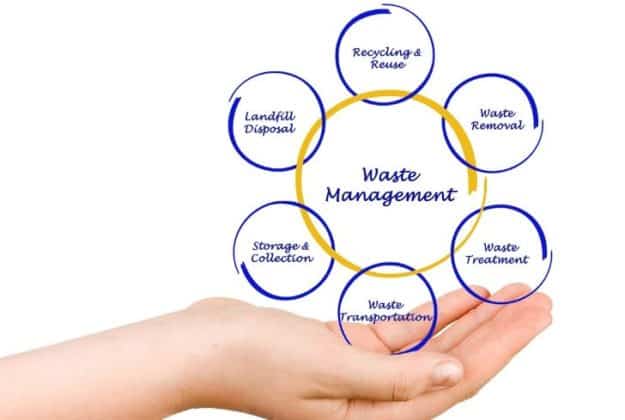Online gaming has become an increasingly popular form of entertainment around the world. With the rise of technology and internet connectivity, more and more people are engaging in virtual worlds and immersive experiences from the comfort of their own homes. From casual gamers to professional players, online gaming offers a wide range of options and experiences for everyone.
One of the major appeals of online gaming is the ability to connect with millions of players from all over the globe. Whether it’s teaming up with friends or competing against strangers, online gaming provides a platform for social interactions and collaboration. Additionally, online gaming offers a diverse range of genres and game types, catering to various interests and preferences. From multiplayer shooters to role-playing games, there is something for everyone to enjoy. However, the rise of online gaming also brings about concerns regarding addiction, cyberbullying, and other related issues. It is important for both parents and players to be aware of these potential risks and take necessary precautions while engaging in online gaming activities.
The Benefits of Online Gaming
One of the major appeals of online gaming is the ability to connect with millions of players from all over the globe. Whether it’s teaming up with friends or competing against strangers, online gaming provides a platform for social interactions and collaboration. It allows players to form communities, join guilds, and build friendships based on shared interests and experiences. The sense of camaraderie and teamwork fostered in online gaming can often extend beyond the virtual world, leading to real-life friendships and connections.
The diverse range of genres and game types in online gaming is another significant advantage. With so many options available, players can easily find a game that suits their interests and preferences. Whether someone enjoys action-packed shooters, strategic role-playing games, or immersive virtual reality experiences, there is something for everyone to enjoy. Online gaming also provides an opportunity for personal growth and skill development. Competitive multiplayer games can help improve critical thinking, problem-solving, and decision-making abilities. They also promote teamwork, communication, and adaptability, which are valuable skills in various aspects of life.
In addition to the social and personal benefits, online gaming also offers a convenient and accessible form of entertainment. With the ability to play from the comfort of their own homes, players can easily connect with others and engage in immersive experiences at any time. This accessibility has made online gaming a popular choice for individuals of all ages and backgrounds.
Embark on a thrilling journey into the fascinating world of online gaming, where surprises await at every turn. Explore the innovative features of jiliko, adding an extra layer of excitement to your gaming experience and uncovering new dimensions within the digital realms.
Furthermore, online gaming has also become a significant industry, with professional gamers and competitive tournaments gaining widespread attention. The rise of esports has created new opportunities for players to showcase their skills and compete on a global stage. This professionalization of gaming has also led to advancements in technology and game development, resulting in more engaging and visually impressive gaming experiences.
In conclusion, online gaming has undoubtedly become a popular form of entertainment that offers numerous benefits. From social interactions and personal growth to convenience and professional opportunities, it has transformed the way people engage with virtual worlds. However, it is crucial for both players and parents to be aware of the potential risks associated with online gaming and take necessary precautions to ensure a safe and enjoyable experience.


